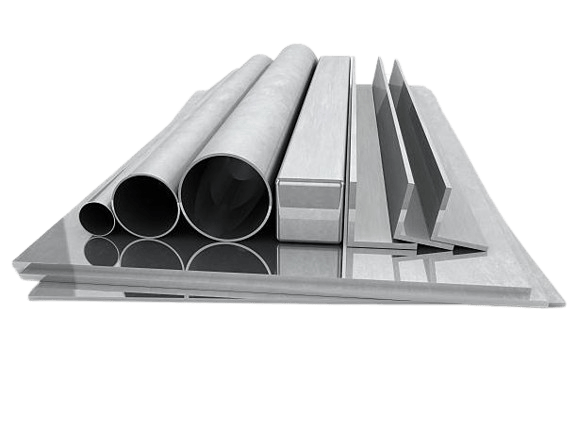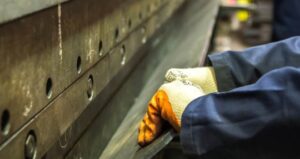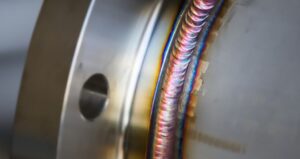Aluminum, a metal known for its lightweight and corrosion-resistant properties, finds itself at the core of numerous industrial applications. Among the various aluminum series, the 5000 series aluminum stands out for its unique characteristics and versatile uses.
What Is 5000 Series Aluminum?
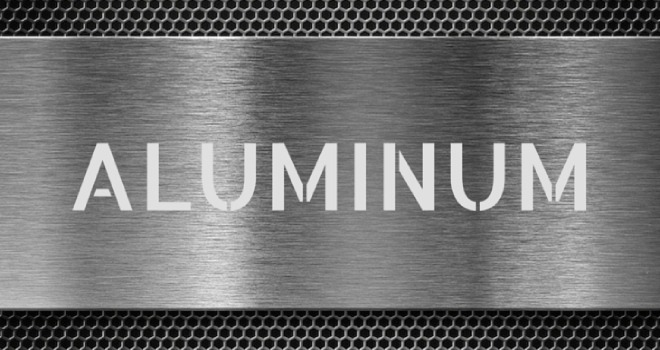
5000 series aluminum refers to a group of aluminum alloys primarily composed of magnesium as the major alloying element. These alloys are known for their excellent corrosion resistance, moderate to high strength, and good weldability. They find applications in various industries such as marine, aerospace, automotive, and architecture due to their versatile properties.
5000 Series Aluminum Chemical Composition
The 5000 series aluminum alloys are primarily alloyed with magnesium, ranging from 0.2% to 6.2%, enhancing strength and corrosion resistance. Typical chemical composition includes:
- Aluminum (Al): 88.2 – 99.8
- Magnesium (Mg): 0.200 – 6.20
- Manganese (Mn): 0.0100 – 1.80
- Chromium (Cr): 0.0100 – 0.500
- Iron (Fe): 0.00800 – 1.20
- Silicon (Si): 0.0100 – 1.40
- Copper (Cu): 0.0300 – 0.800
- Zinc (Zn): 0.0100 – 2.80
- Titanium (Ti): 0.00800 – 0.200
- Zirconium (Zr): 0.0500 – 0.300.
Impact of Magnesium Content on 5000 Series Aluminum
The magnesium content in 5000 series aluminum alloys plays a crucial role in influencing their properties. Here’s how the magnesium content affects the properties of these alloys:
Strength: The addition of magnesium enhances the strength of the alloy, making it suitable for applications requiring moderate to high strength levels.
Corrosion Resistance: Magnesium significantly improves the corrosion resistance of the alloy, making it ideal for use in environments where exposure to moisture and corrosive elements is a concern, such as marine applications.
Weldability: The presence of magnesium enhances the weldability of the alloy, allowing for ease of fabrication and joining using various welding techniques.
Formability: Magnesium helps maintain good formability of the alloy, enabling manufacturers to shape and form the material into complex structures and components.
Lightweight: By increasing the strength-to-weight ratio, magnesium contributes to the overall lightweight nature of the alloy, making it favorable for applications where weight reduction is essential, such as in aerospace and automotive industries.
Thermal Stability: The magnesium content can improve the thermal stability of the alloy, allowing it to retain its properties at elevated temperatures.
5000 Series Aluminum Fabrication

5000 series aluminum alloys are highly workable, enabling diverse fabrication methods. Key processes include rolling, extrusion, forging, and welding.
Rolling - 5005 Aluminum
5005 aluminum alloy, a specific grade within the 5000 series, is commonly used for rolling processes due to its excellent formability and corrosion resistance. This grade is often chosen for producing thin sheets and plates in applications requiring high corrosion resistance and moderate strength.
Extrusion - 5052 Aluminum
5052 aluminum alloy, a variant of the 5000 series, is favored for extrusion processes. With its high magnesium content, 5052 offers improved extrudability, making it ideal for creating complex cross-sectional profiles such as structural shapes, rods, and tubes. Its good formability and corrosion resistance further enhance its suitability for extrusion applications.
Forging - 5083 Aluminum
5083 aluminum, part of the 5000 series, is widely used in forging applications. Recognized for its exceptional forgeability, 5083 aluminum can be easily shaped under compressive forces, especially at elevated temperatures. This grade is commonly employed in manufacturing critical components like automotive suspension parts and aerospace fittings due to its strength, corrosion resistance, and weldability.
Welding - 5086 Aluminum
5086 aluminum, another member of the 5000 series, is specifically selected for welding applications. With its good weldability characteristics, 5086 aluminum is suitable for various welding methods such as MIG (Metal Inert Gas), TIG (Tungsten Inert Gas), and resistance welding. This grade is preferred in applications requiring the joining of multiple aluminum components while maintaining structural integrity and strength.
5000 Series Aluminum Applications
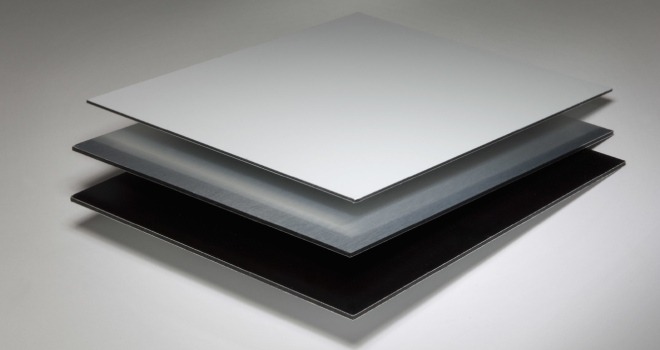
The versatility and performance of 5000 series aluminum alloys span across diverse industries, each benefiting from specific grades tailored to meet their unique requirements.
5000 Series Aluminum For Marine Industry
In shipbuilding, 5083 aluminum from the 5000 series is a go-to material for hulls and superstructures due to its exceptional corrosion resistance in harsh seawater environments. Its high strength and weldability make it ideal for offshore structures and marine hardware where durability is crucial.
Automotive Industry
5754 aluminum alloy, a specific grade in the 5000 series aluminum, is extensively used in the automotive industry for body panels, structural components, and heat exchangers. Its lightweight nature contributes to improved fuel efficiency, while its strength and corrosion resistance ensure durability in various automotive applications.
Construction Industry
In the construction sector, 5052 aluminum alloy from the 5000 series is valued for its durability and ease of fabrication. This grade is commonly used in roofing and siding applications, structural frameworks, and architectural panels due to its corrosion resistance and formability, making it a versatile choice for various structural needs.
Aerospace Industry
5086 aluminum, a member of the 5000 series, is essential in the aerospace industry for its high strength, lightweight properties, and corrosion resistance. It is utilized in critical aerospace components such as aircraft skins, structural elements, and fuselage panels, where the combination of strength and weight savings is crucial for aircraft performance.
Packaging Industry
5005 aluminum alloy, a specific grade within the 5000 series aluminum, is widely employed in the packaging industry for its formability and corrosion resistance. This grade is commonly used in manufacturing beverage cans, foil wraps, and food containers, where durability and resistance to corrosion are essential for ensuring the integrity of packaged goods.

